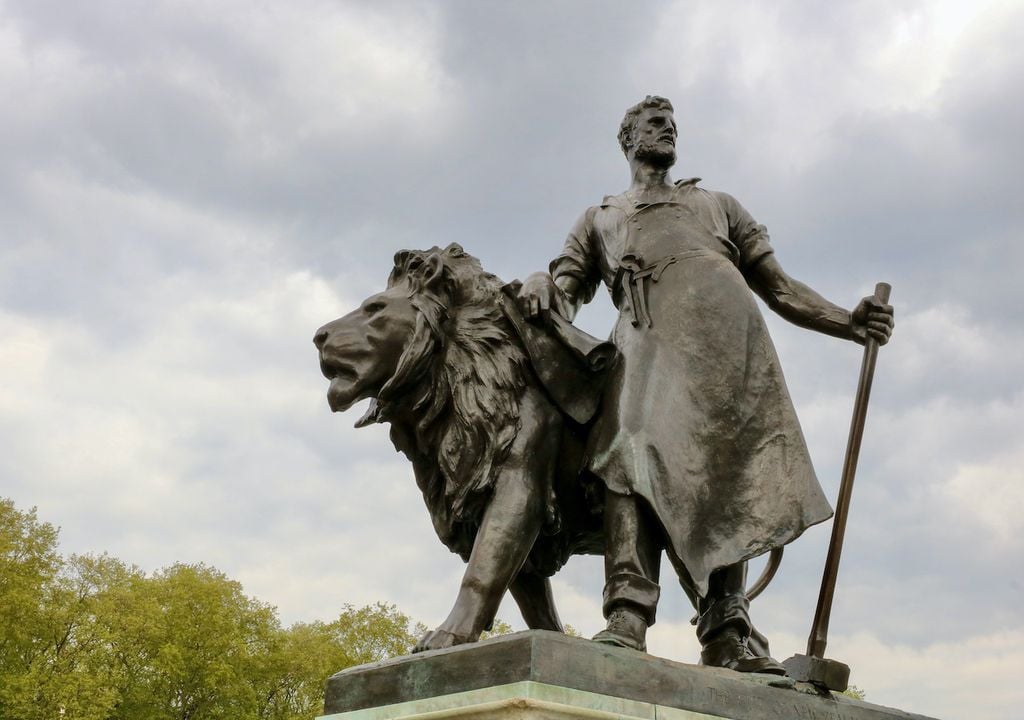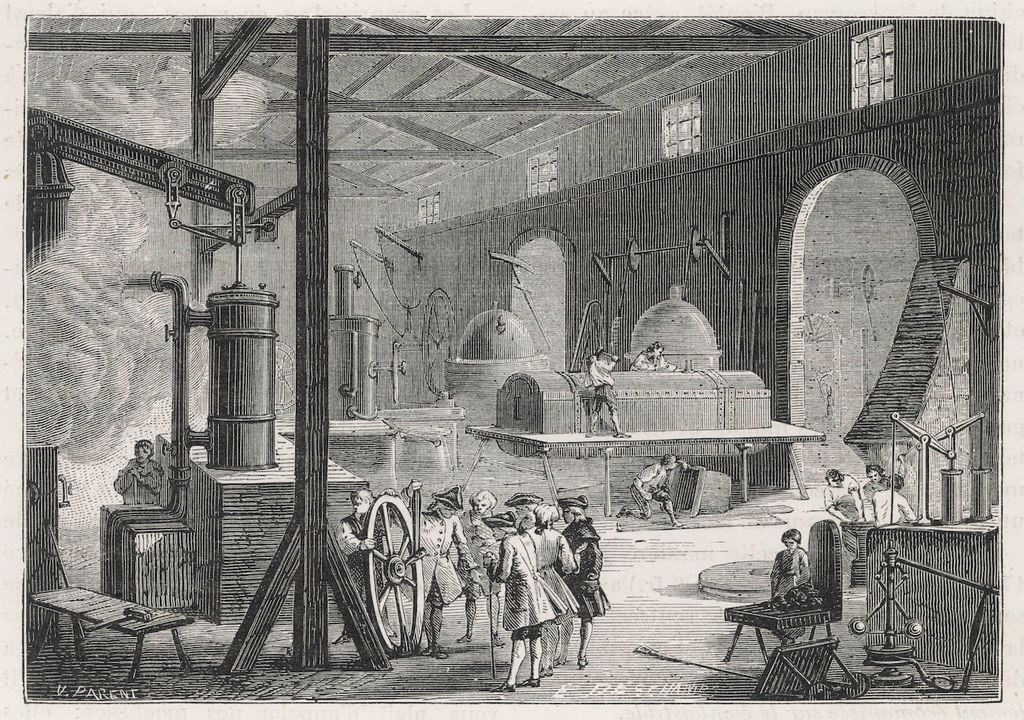The date of the UK’s industrial revolution “should be rewritten” historians say in the biggest analysis of its kind
A professor of Economic History says that “the story we tell ourselves about the history of Britain needs to be rewritten” as thorough data reveals industrialisation happened a century earlier than thought.

During the reign of the Stuarts in the 1600s, the UK was on the way to becoming an industrialised economy. This is 100 years before textbooks marked the beginning of the Industrial Revolution, historians find, after analysing the “most detailed occupational history of a nation”.
Data derived from over 160 million records over three centuries from the University of Cambridge’s project and online resource Economies Past. It includes records such as parish registers and census information, from when British labourers were being tracked by authorities.
The 1600s saw an increase in the work of artisan-based manufacturing, many who were blacksmiths, carpenters, weavers, and wheelwrights. Incidentally, the number of male agricultural workers fell by more than a third up to 1740, while goods production roles increased. Compared with France, there were three times more British labour delving into manufacturing and leaving agriculture behind.
Research by Cambridge University shows the Industrial Revolution in England & Wales started 160 years before the traditionally understood date of 1760. The shift from an agrarian to an industrial economy began to be recorded around 1600.https://t.co/3e58Z4sr12 pic.twitter.com/bNOkWj5zZX
— Chris Lowndes ️ (@chrislowndes) April 7, 2024
“We can’t say for certain why this change occurred in Britain rather than elsewhere,” said Professor Leigh Shaw-Taylor who is Professor of Economic History at University of Cambridge. “However, the English economy of the time was more liberal, with fewer tariffs and restrictions, unlike on the continent.”
Questioning the date of the Industrial Revolution
Historians also think this places Britain much further ahead at the forefront of industrial development at the time than previously thought, before the industrial revolution marked in textbooks from the mid 1700s with the rise of mills and steam engines.
The historian’s findings from Economies Past was shared at the Economic History Society’s yearly conference. “The question of why the industrial age dawned in Britain is a much-debated one, with coal, technology and empire all major factors,” said Shaw-Taylor.
“Our database shows that a groundswell of enterprise and productivity transformed the economy in the 17th century, laying the foundations for the world’s first industrial economy. Britain was already a nation of makers by the year 1700.”
“A hundred years has been spent studying the Industrial Revolution based on a misconception of what it entailed,” he added.

The first Industrial Revolution is written to have lasted till 1840, before the Second Industrial Revolution would begin, around 1970, till 1914. Also called the Technological Revolution, it focused on the growth of electrification of industry, with advancements in manufacturing and production technologies such as railroad networks, water supplies, gas systems and the telegraph, which would then become more widespread.
But a boom in the service sector during this time appears to also have started earlier, in the 1800s, when historians have observed a near-doubling of the service sector for roles such as transport workers, domestic staff, sales clerks, teachers and lawyers.
Hidden points and less-represented groups
Females were also an important part of the picture, as between 1817 and 1911 the numbers of females in service roles went up from 32% in 1817 to 59% in 1911.
Unfortunately, there are some hidden blind spots in information about female workers before the 1800s. There is also missing data for Scotland, which was omitted. These missing areas will hopefully be investigated by the historians in future.
It is still a considerable feat of work by those working hard to track down data, from medieval poll tax records to more recent coroner reports, for the project since 2003. The Economies Past website results from the University of Cambridge’s research titled the Occupational Structure of Britain 1379-1911.
“We have discovered a shift towards employment in the making of goods that suggests Britain was already industrialising over a century before the Industrial Revolution,” said Shaw-Taylor, project leader and Professor of Economic History at Cambridge’s Faulty of History.
“By cataloguing and mapping centuries of employment data, we can see that the story we tell ourselves about the history of Britain needs to be rewritten,” he concluded.
News reference:
Economies Past. https://www.economiespast.org University of Cambridge (2024).








